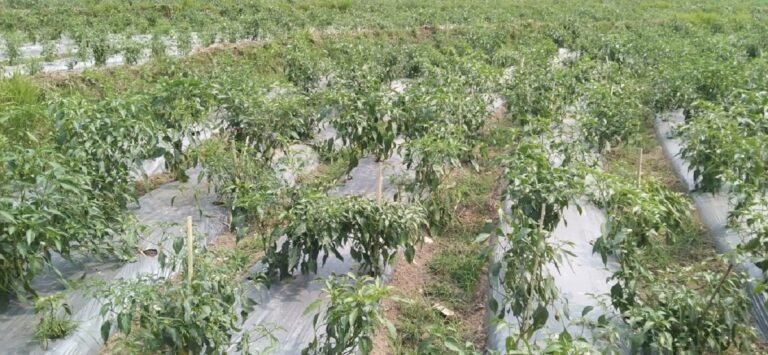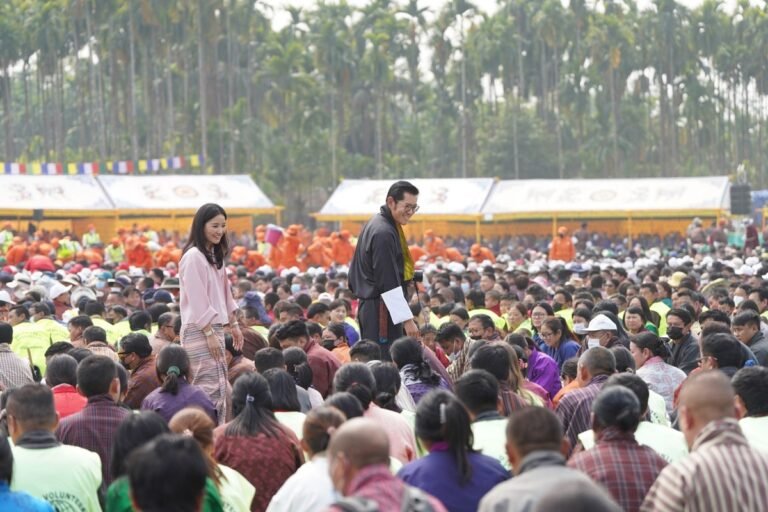
Agency: At the recent National Disability Conference, the Manager at Jigme Namgyal Wangchuck Super Fab Lab (JNWSFL), Tshering Wangzom, presented initiatives taken in Assistive Technology (AT) in country. Recognizing the significant gap in assistive devices and solutions for people with disabilities, JNWSFL drew inspiration from international visits and collaborations.
According to the World Health Organization (WHO), Assistive Technology is an umbrella term that includes assistive products, systems, and services that help maintain or improve an individual’s functioning in areas like cognition, communication, hearing, mobility, self-care, and vision. These products are essential for enhancing a person’s health, well-being, inclusion, and participation in everyday life.
Assistive products can range from physical items, such as wheelchairs, hearing aids, and prosthetic limbs, to digital solutions like speech recognition software and captioning tools. As we age or encounter health challenges, most people will require AT at some point, whether temporarily or for the long term. In fact, more than 2.5 billion people globally need one or more assistive products today, a figure expected to rise to 3.5 billion by 2050 due to the ageing population and the increasing prevalence of chronic health conditions.
AT is especially crucial for older adults, children and adults with disabilities and people with long-term health conditions like diabetes, stroke, or dementia.
Despite the clear need, access to assistive technology remains limited in many low-income countries.
Addressing these global gaps, initiatives led by JNWSFL and its collaborators, Bhutan is making strides to improve access to assistive technology, such as providing hearing aids to children or wheelchairs to improve mobility, not only enhance individual independence but also reduce healthcare costs and improve community participation.
Tshering Wangzom said, “Among the key programs for 2023-2024 are two Makerthons, the Fab Festival, several AT projects, and capacity-building programs. These initiatives aim to foster innovation, inclusivity, and accessibility through collaboration and education.”t=1&ifi=4&uci=a!4&btvi=2&fsb=1&dtd=391
In collaboration with the Ministry of Education (MoE), Changangkha Middle Secondary School, and occupational therapists from JDWNRH, JNWSFL undertook a project supported by the Asian Development Bank (ADB) to create customized writing aids for students in Special Education Needs (SEN) programs. The three-phase project conceptualization, design, and customization concluded in December 2023.



